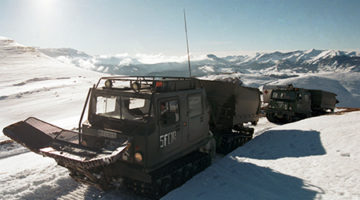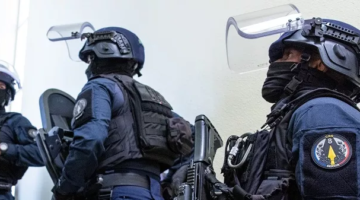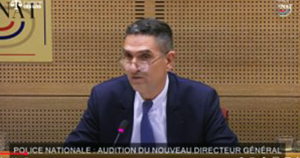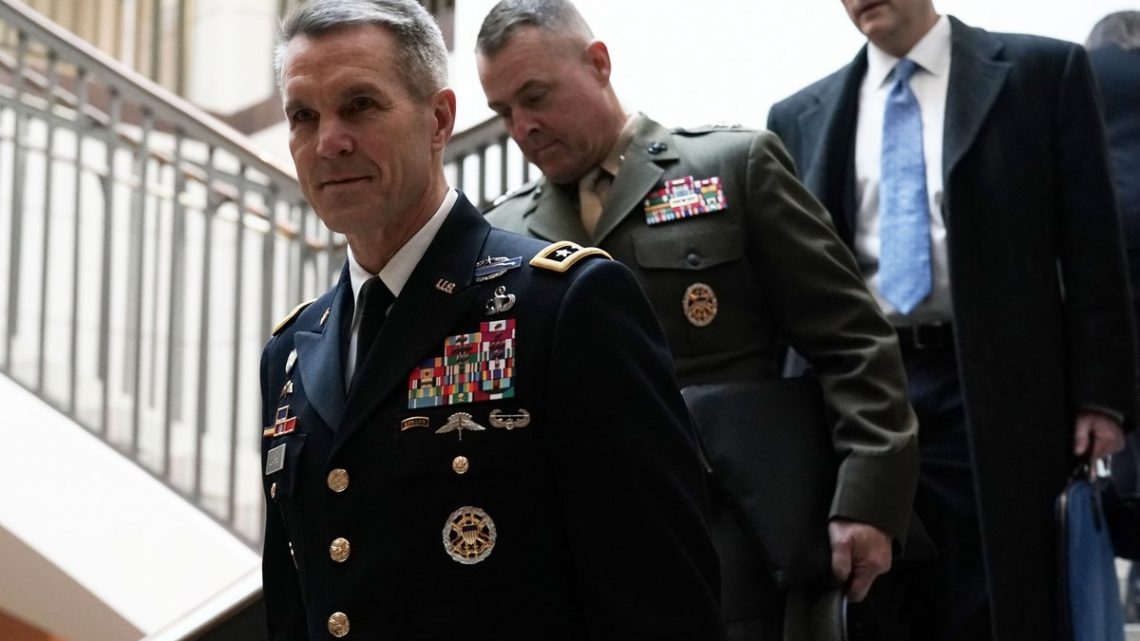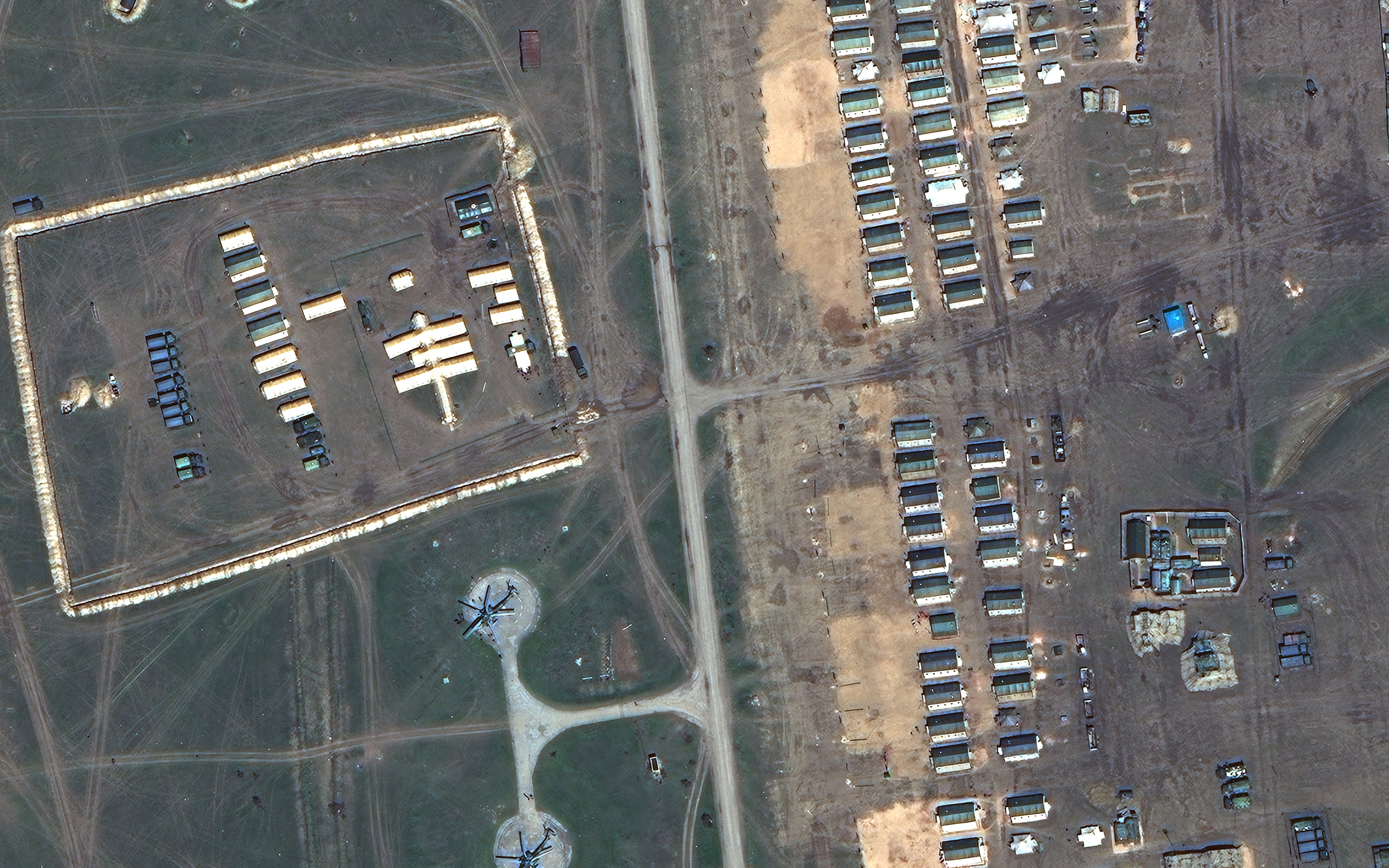(Source: DefenseNews – Joe Gould) – Pentagon briefs senators on Syria plans, leaving unanswered questions
WASHINGTON — Pentagon officials visited Capitol Hill on Thursday to reassure lawmakers amid confusion over plans to implement President Donald Trump’s order for U.S. troops to withdraw from Syria — but some Democrats and Republicans were left unsatisfied.
The Defense Department’s undersecretary for policy, John Rood, and Army Lt. Gen. Richard Clarke, director for strategy, plans, and policy for the Joint Staff, gave the Senate Armed Services Committee a classified briefing that emphasized the withdrawal’s deliberate pace and the ongoing U.S. support for the Kurdish and Arab militias working alongside American troops since 2015.
The briefing came as Trump is widely seen as backtracking on his surprise Dec. 19 decision to pronounce the Islamic State group defeated and start a “rapid withdrawal” of 2,000 U.S. troops from Syria. The move sparked criticism from GOP lawmakers and was followed by the resignation of both Jim Mattis as defense secretary and Brett McGurk as the U.S. envoy to forces fighting ISIS.
The plan fell into further disarray after Turkish President Recep Tayyip Erdogan refused to meet with national security adviser John Bolton during the U.S. official’s visit to Ankara. Erdogan dismissed Bolton’s demand that Turkey assure the safety of U.S.-backed Kurdish fighters. Erdogan said Bolton had made a “grave mistake” in setting that condition for the pullout of troops.
Exiting the meeting between Pentagon officials and lawmakers Thursday, SASC chairman Jim Inhofe, R-Okla., said he has requested the administration ensure Israel and U.S.-backed Kurds “are well taken care of on this — and I believe they will be.”
(…)
Some Republicans were still skeptical. Asked if he was satisfied there wouldn’t be a hasty pullout, SASC member Thom Tillis, R-N.C., said: “Not yet.” “I think there [has] got to be some sort of conditions placed on this withdrawal, and if its just purely time-based, I don’t think it’s a good idea,” he said.
Sen. Kevin Cramer, a new senator and SASC member, revealed mixed feelings, saying he was encouraged with some aspects of the withdrawal plans, including what officials said about the pace of the withdrawal — but he still had questions.
“My greatest concern probably is the Kurds and whether or not — just how defenseless we’re going to leave them,” Cramer said, adding later that U.S. support going forward would be “not insignificant.”
(…)
Though the Obama administration was criticized as an unreliable partner in the Mideast, its foreign policy decisions were at least based on analysis and vetted through the government and allies, Reed said. Trump, by contrast, announced his Syria decision on Twitter.
“This tweet was completely disruptive, unstaffed by anyone I can identify, without any consultation with significant allies,” Reed said. “Frankly, [Middle Eastern allies] are looking at everything we do in that same context: This could evaporate tomorrow, this could be amended — and by the way, they never considered our problems.”
READ FULL ARTICLE >>> www.defensenews.com
Photo Credit >>> Lt. Gen. Richard Clarke, left, director for strategy, plans and policy for the Joint Staff, arrives at a closed briefing before the Senate Armed Services Committee on Jan. 10, 2019, to discuss withdrawing U.S. forces from Syria, Alex Wong, Getty Images, as published in ibid



